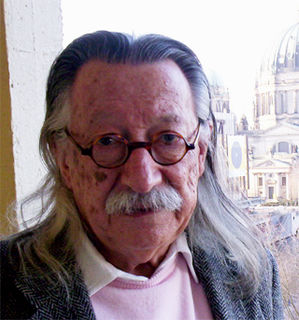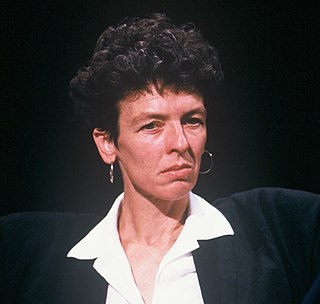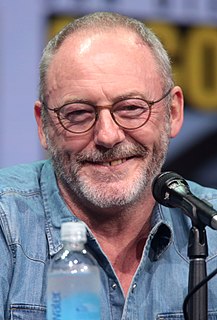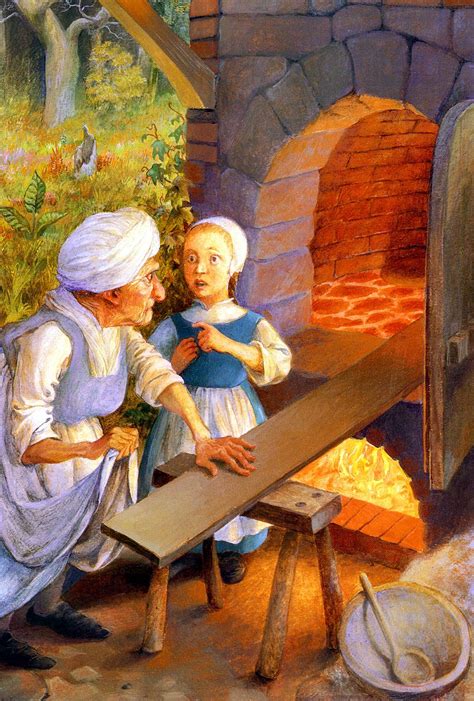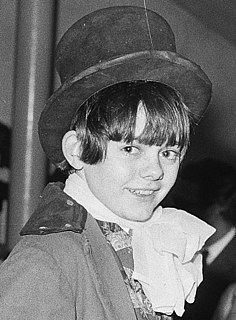A Quote by Nicolas Cage
Often you hear stories about never working with children. I disagree because children still have that residual magical thinking. They haven't had their imagination knocked out of them by turning into adults and life experiences.
Related Quotes
People often say that you should never work with child actors. I think that's all wrong. Children have not had the imagination kicked out of them by life experience and adulthood. So, they still are very much alive with that kind of magical thinking which enables an actor to believe they're in these circumstances and make them real to you.
The new concept of the child as equal and the new integration of children into adult life has helped bring about a gradual but certain erosion of these boundaries that once separated the world of children from the word of adults, boundaries that allowed adults to treat children differently than they treated other adults because they understood that children are different.
Working with children is very different than the way in which I work with adults. I never tell the children the actual truth of the thing that I want them to act. Although children are really into play and play acting, and this is a major part of their existence, they never actually find the playing or acting of adults credible.
I'm always loath to make generalizations about what is for children and what isn't. Certainly children's literature as a genre has some restrictions, so certain things will never pop up in a Snicket book. But I didn't know anything about writing for children when I started - this is the theme of naïveté creeping up on us once more - and I sort of still don't, and I'm happy that adults are reading them as well as children.
Although adults have a role to play in teaching social skills to children, it is often best that they play it unobtrusively. In particular, adults must guard against embarrassing unskilled children by correcting them too publicly and against labeling children as shy in ways that may lead the children to see themselves in just that way.
In its jolly mission to expose the dark underbelly of the children’s book world, Wild Things! turns up stories I’ve been hearing noised about for ages, but with a lot more detail and authenticity. The stories may not be quite as sordid as my own imagination had conjured up—although a few of them are—because there’s no denying that this field is full of mostly nice people!—but it’s all fun and a great read for anyone interested in both children’s books and the collection of people who make them.
Granny bit her lip. She was never quite certain about children, thinking of them-when she thought about them at all-as coming somewhere between animals and people. She understood babies. You put milk in one end and kept the other as clean as possible. Adults were even easier, because they did the feeding and cleaning themselves. But in between was a world of experience that she had never really inquired about. As far as she was aware, you just tried to stop them catching anything fatal and hoped that it would all turn out all right.






